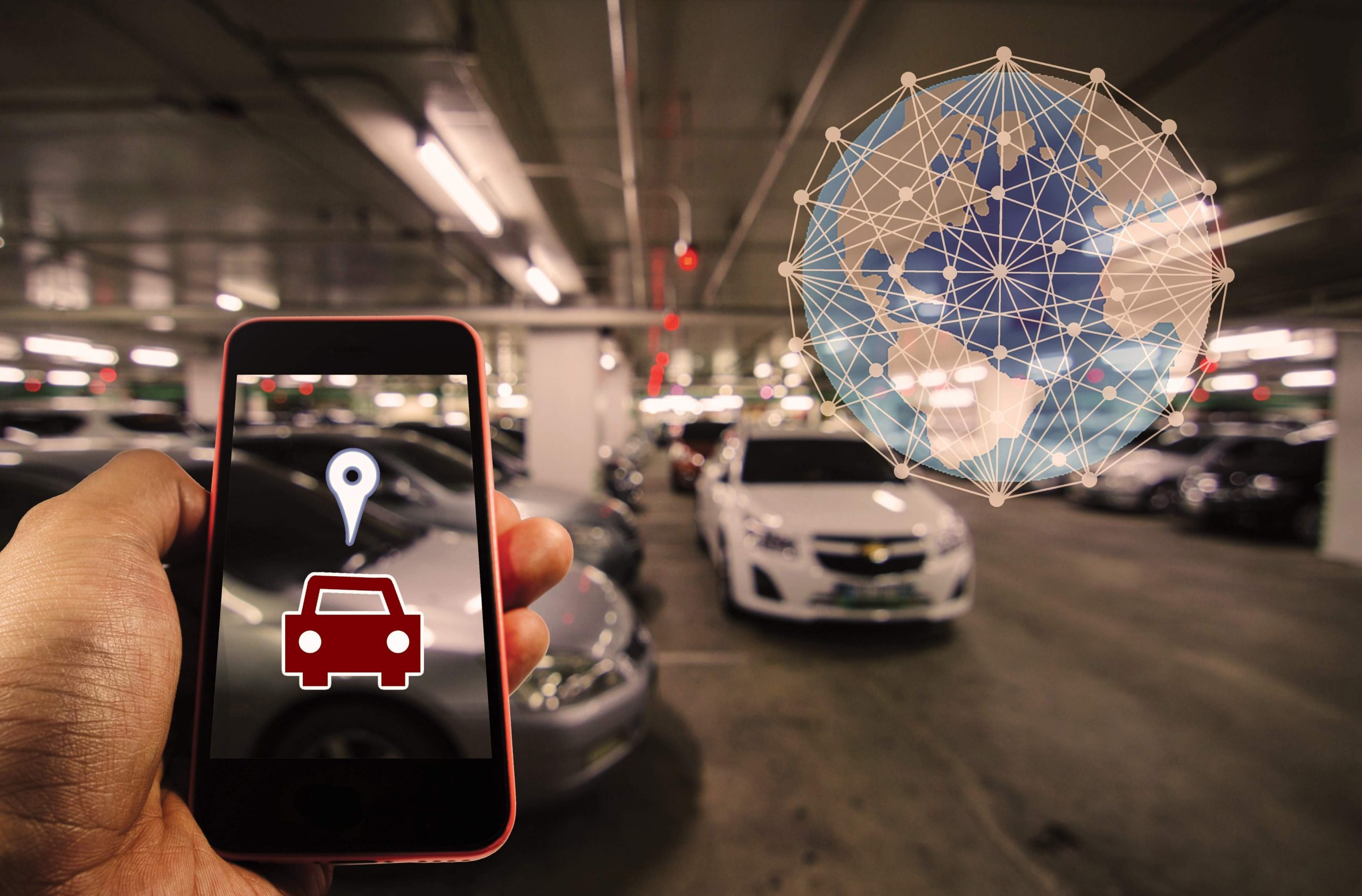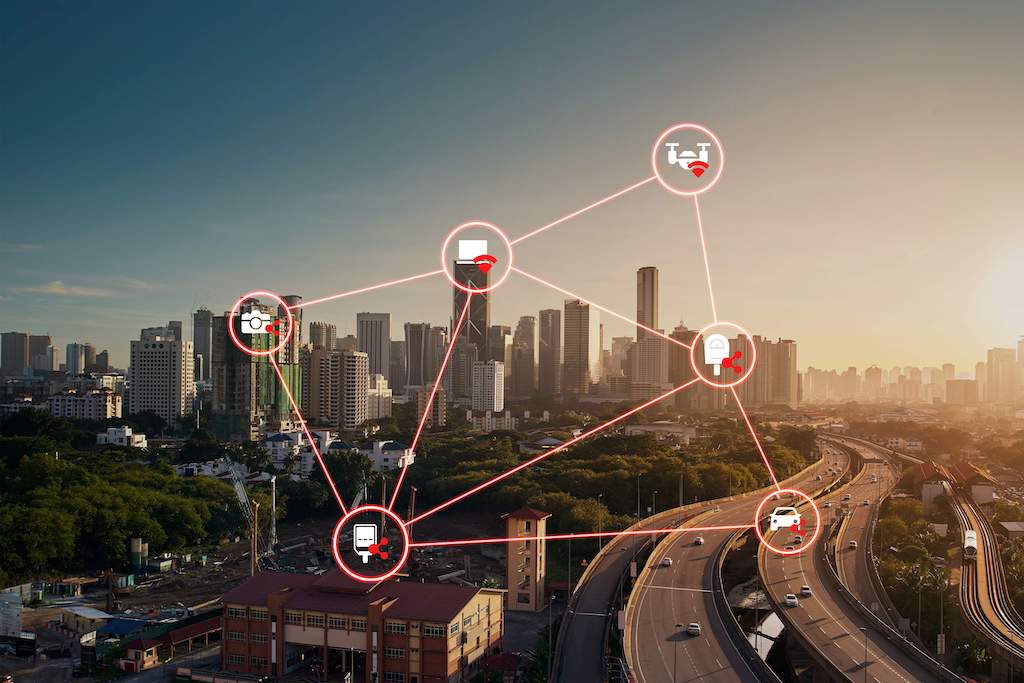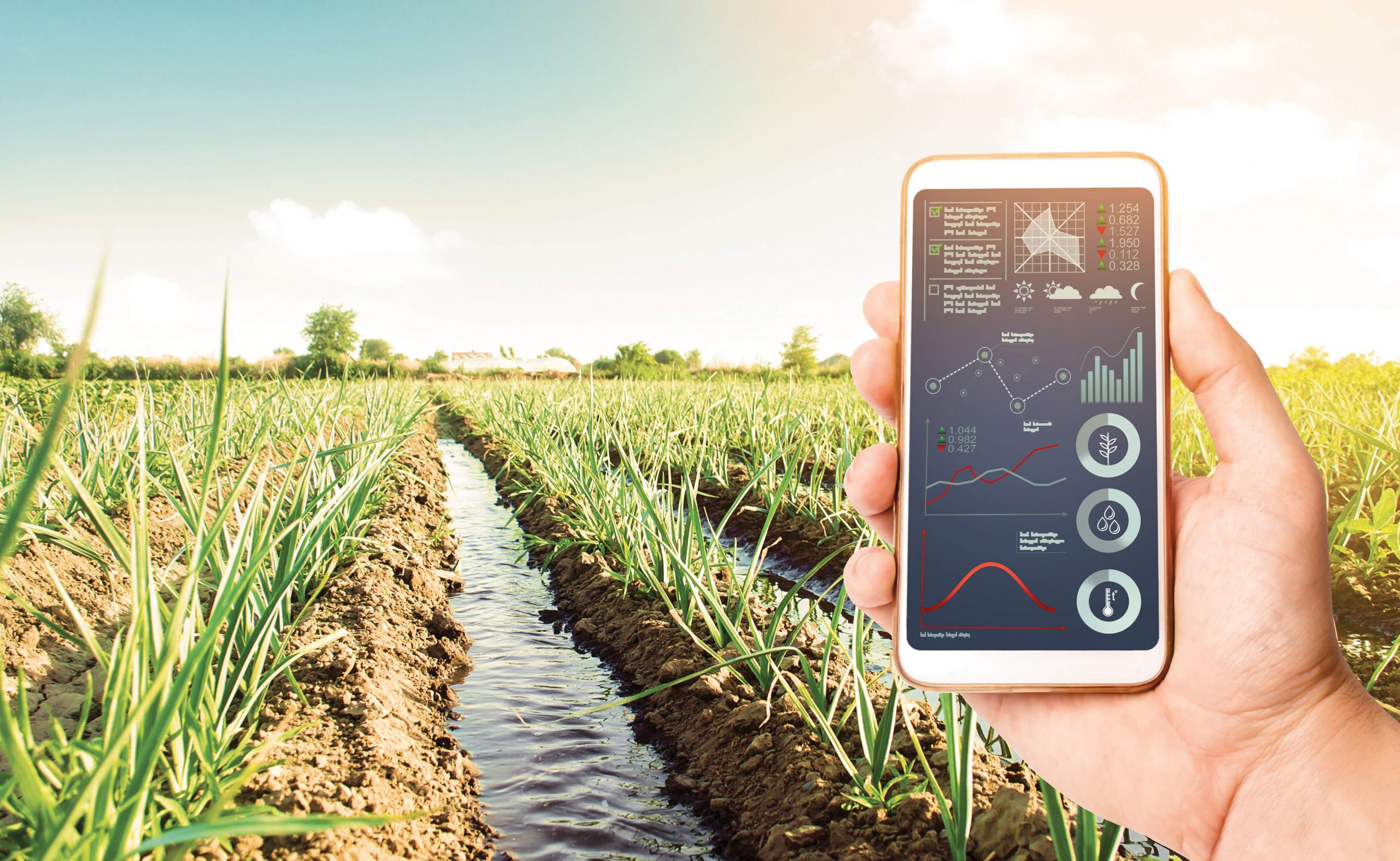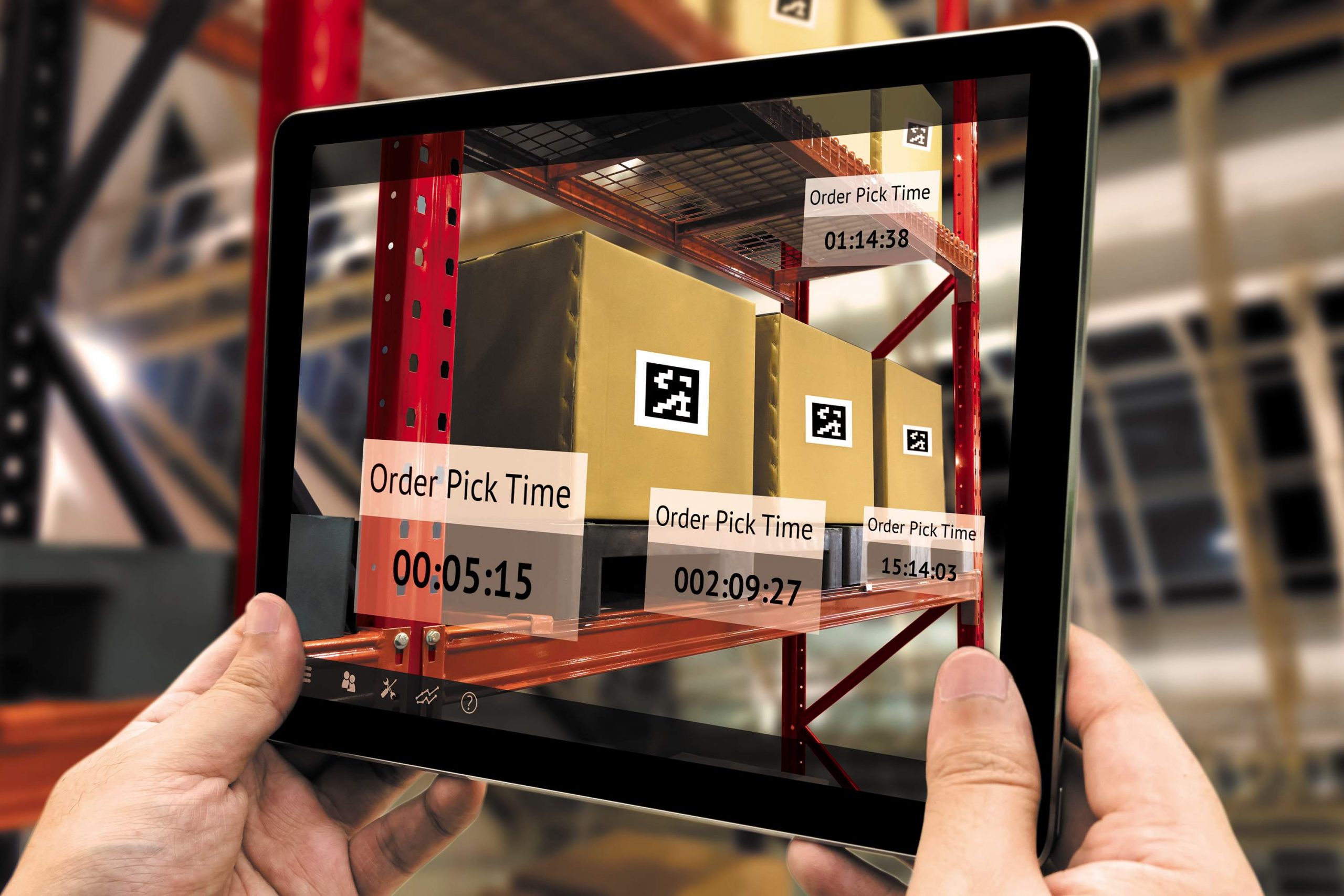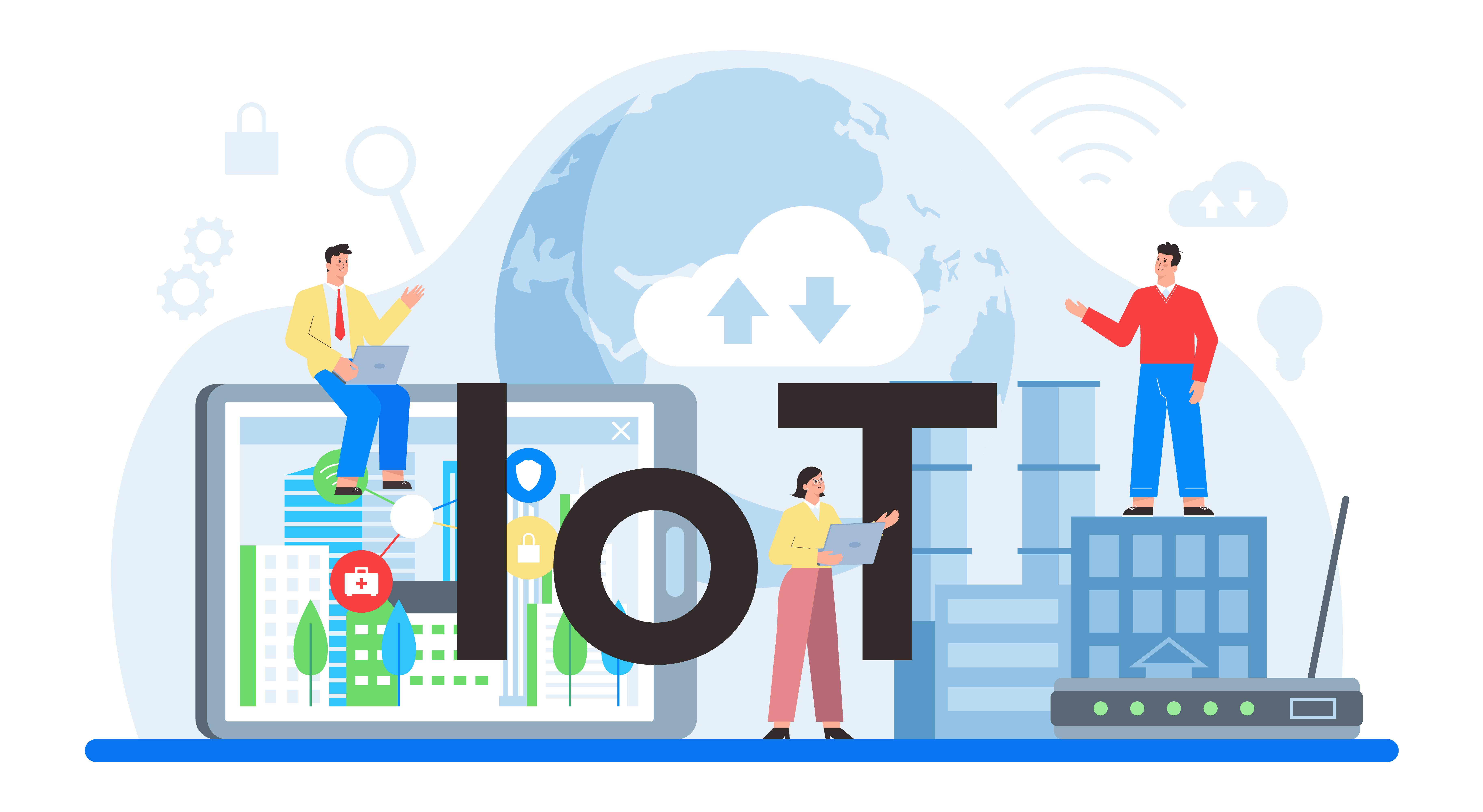How Advanced IoT Platforms Future-Proof Your Business?
-
May 29, 2022
-
6 min read
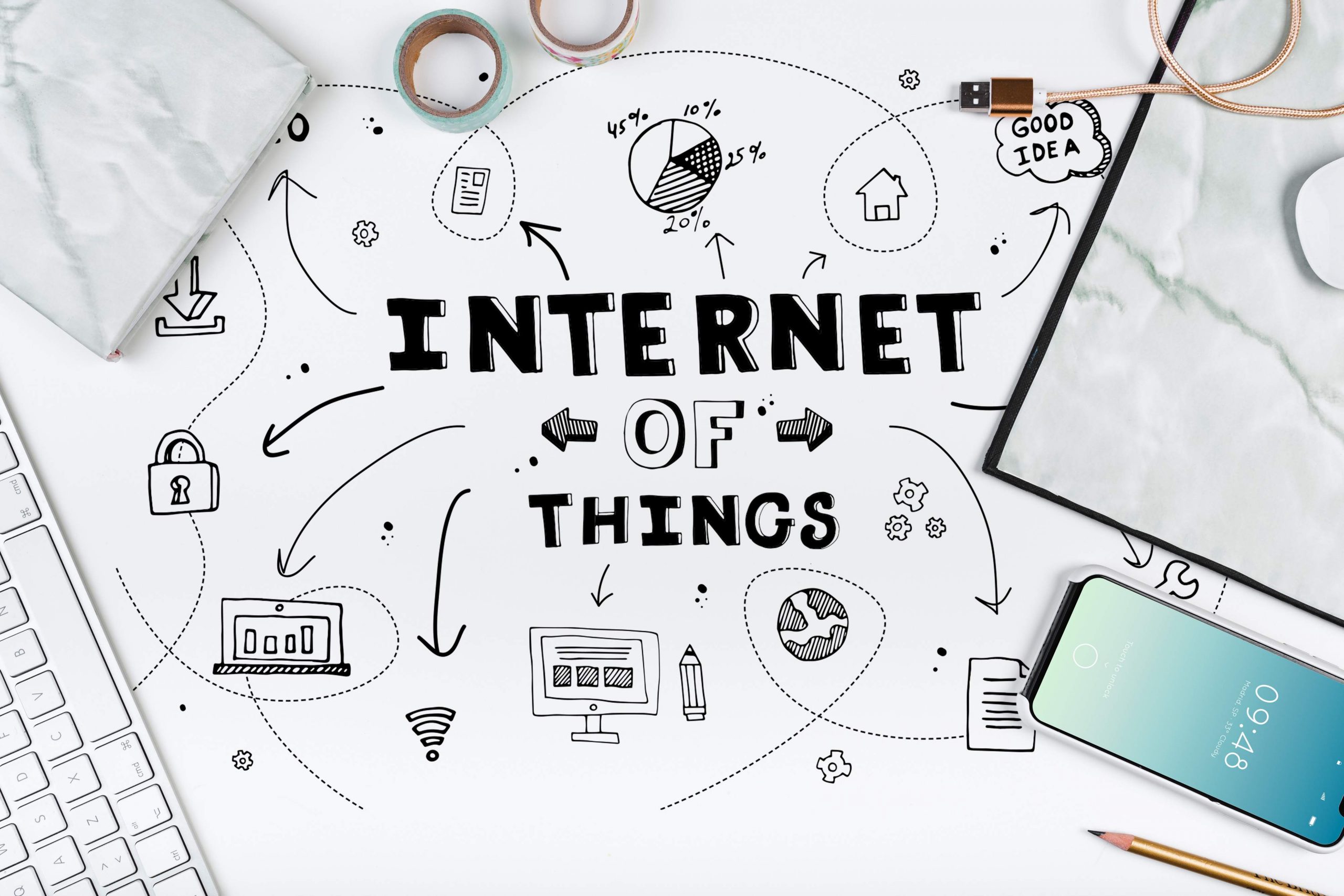
Ever since the innovation of IoT platforms, there has been a shift in how businesses operate. Beyond its technology prowess, an IoT platform acts as an accelerator that pushes industries forward through innovative business models.
According to McKinsey, IoT’s economic impact is assumed to increase to an amount of 12.5 trillion by 2030. Within this trend, applications related to Factory settings alone can generate profits amounting to 1.4 trillion to 3.3 trillion by the same year.
Looking at the statistics, embracing the benefits of IoT platforms is not just strategic but essential for future growth. This blog dives into the many depths of IoT to understand this amazing innovation. Learn about the types of IoT platform, how to choose IoT platform, and much more industrial knowledge.
What is an IoT Platform?
An IoT platform serves as a complete framework offering important tools to connect and manage every IoT device. It acts as the backbone of the device lifecycle by managing all communication, data analytics, integration, and application enablement.
In layman’s terms, it is a set of technologies that forms the infrastructure for product development, meant to reduce development risk and cost. It handles important tasks of collecting real-world data through sensors, manages cloud storage, provides analysis, and enables efficient transmission on command.
What are the Uses of an IoT Platform?
As mentioned above, the technical management provided by the IoT framework becomes instrumental in redefining operational efficiencies. With effective data management and innovative approaches, various industries harness the powers of IoT to ensure seamless management and solutions.
Key Uses:
- Smart Home
Optimized home appliances like lights and thermostats for energy efficiency and security.
- Healthcare
Remote patient monitoring provides better healthcare and reduces hospital readmissions.
- Manufacturing and Retail
Optimized processes, real-time tracking, analysis, and personalized shopping experiences minimize downtime and increase productivity.
- Agriculture
Monitoring soil moisture, crop growth, and weather conditions optimizes crop yields and reduces waste.
Traffic monitoring, air quality assessment, and waste management empower improved decision-making.
Different Types of IoT Platforms
There are various types of IoT platforms catering to unique business requirements and objectives. Being essential for managing and analyzing data from IoT devices, below are some of the important types with each tailored to specific functions:
| Platform Type | Details |
| Device Management Platform | Overlooks the management of IoT devices, including registration, configuration, monitoring, updates, and remote diagnostics. |
| Connectivity Management Platform | Manages the connectivity ability of IoT devices by looking over networking, data transmission, security, authentications, and accessibility. |
| Application Enablement Platform | Allows development and deployment of IoT applications through functions like data analytics, visualization, automation, data storage, and integration. |
| Cloud Platform | Stores and processes IoT data in the cloud, providing scalability, reliability, and security. |
| Analytics Platform | Analyzes data from IoT devices by offering real-time insights. |
Selecting the Right IoT Platform
Building a successful partnership with an IoT platform involves collaborative efforts between organizations to ensure a correct alignment of requirements and business strategies. Key areas to consider in these choices usually include the company’s reputation, ecosystem strength, API extensibility, industry alignment, and onboarding capabilities. Further factors also include cost, ROI, speed, visibility, and support.
While many third-party insights from reliable analysts like Gartner can provide valuable opinions on how to choose IoT platform, here are the top 5 important things to consider –
- Technicality:
Thoroughly assess the platform’s ability to simplify or complicate IoT projects. This will allow businesses to understand the platform’s efficiency in deployment and maintenance.
- Scalability:
Evaluate the platform’s scaling effect with multiple device connections in a consistently growing environment throughout the device lifecycle.
- Flexibility:
Check the platform’s ability to support diverse hardware and cloud providers. This will allow businesses to experiment with new concepts and business models, without worrying about inconsistencies.
- Extensibility:
Choose a platform that allows easy creation of unique, differentiating services, all in one. This will save time and cost of multiple functions.
- Security:
Prioritize platforms that are certified with top-tier security measures to safeguard a business’s IoT infrastructure. Look for certified renowned providers.
Key Benefits of IoT Platform
Businesses today are fast-paced and defined by data-driven decision-making. IoT platforms emerge as the positive push for businesses seeking unparalleled advantages in the market, with studies reporting how leveraging IoT increases operational efficiency.
This general benefit is not the only thing pulling users toward this new technology. Below are some of the major benefits of IoT platforms that are changing how businesses operate in an ever-evolving digital world –
- Improved Efficiency:
IoT streamlines operations, automates processes and performs effective IoT monitoring that leads to a greater boost in overall efficiency and reduced costs.
- Better Data Management:
Providing real-time data and actionable insights from intelligent platforms, businesses can easily make informed decisions to drive continuous improvement in their products and services.
- Increased Innovation:
IoT offers considerable access to customer insights that lets businesses innovate new approaches. This fosters the development of the latest products and services that align with the trending market demands.
- Enhanced Customer Experience:
The platforms deliver personalized communication methods that let businesses connect with their customers on a deeper level. This also offers relevant information and insights based on individual preferences.
- Improved Safety and Security:
IoT monitors all equipment and its facilities through advanced hazard detection. This enhances safety and security protocols, mitigating risks and providing a secure operational environment.
- Reduced Downtime:
With real-time data on equipment performance and predictive maintenance, the platforms can minimize downtime and provide continuous reliable operations.
- Increased Revenue:
With advanced efficiency and productivity, businesses can benefit from increasing revenue growth and also identify untapped revenue streams, contributing to overall financial success.
Conclusion
It is safe to say that advanced IoT platforms stand as great tools for businesses to emerge as leaders in the digital landscape. From increased efficiency to improved safety and revenue growth, the benefits of IoT are vast. As businesses strive for future-proofing, the choice of a strong IoT platform is vital.
Coming from a long line of success and reliability, Airtel’s IoT solutions seamlessly blend innovation, security, and scalability for any type of industrial requirement. On top of that, Airtel’s commitment to excellence ensures a transformative IoT experience, aligning perfectly with the needs of businesses. As businesses move forward to future-proof their products, so is Airtel with its latest technologies.
 Share
Share


